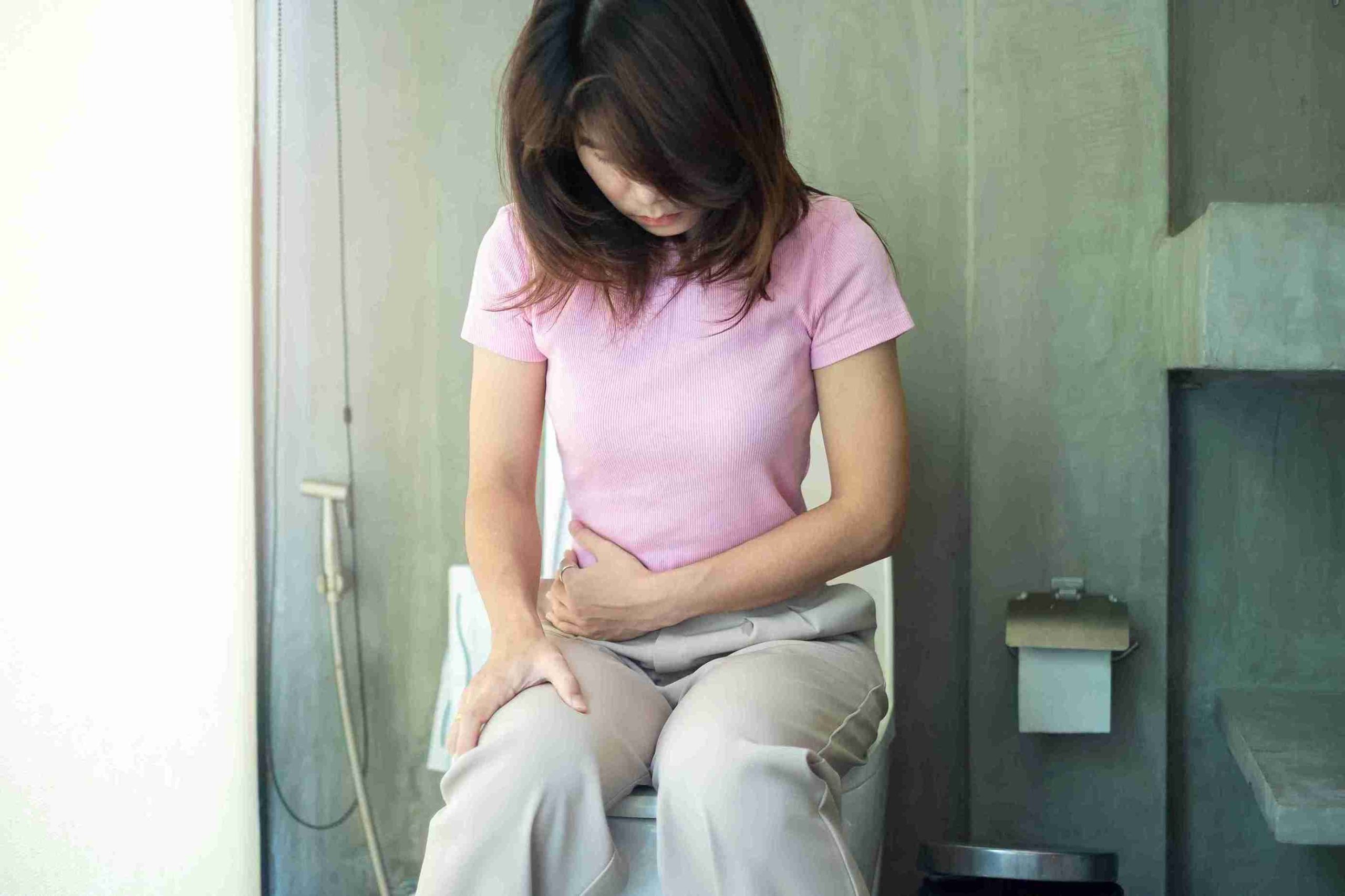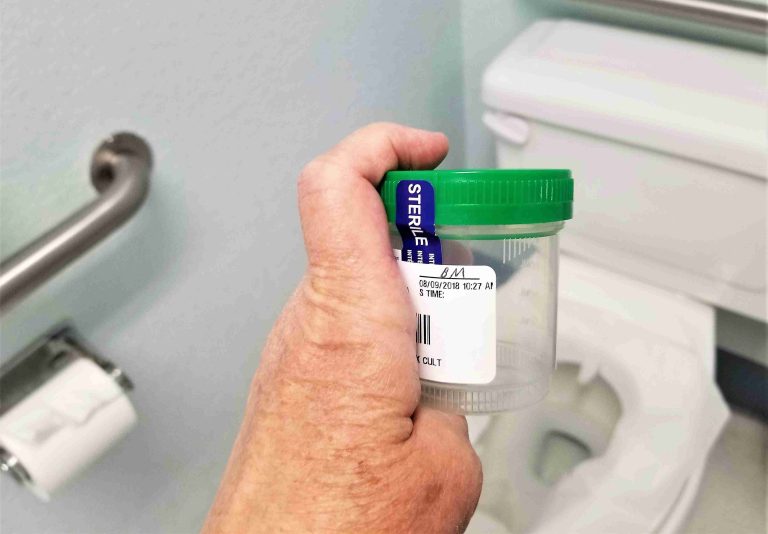Seeing blood in stools can be an alarming experience, and while it may be caused by something minor, chronic or recurring bleeding should never be ignored. When blood appears in bowel movements regularly over time, it’s considered chronic.
This condition may be a sign of an underlying problem in the digestive tract—some of which are serious and require medical attention. In this article, we’ll explore what chronic blood in stools may indicate, potential causes, how it’s diagnosed, and why timely medical evaluation is essential.
Understanding Blood in Stools
The presence of blood in stools means that bleeding is occurring somewhere in the gastrointestinal (GI) tract, which includes the esophagus, stomach, small intestine, colon, rectum, and anus.
The color and appearance of the blood offer clues about where the bleeding is coming from. Bright red blood typically suggests a source closer to the anus or lower colon, while dark or black, tarry stools (melena) indicate bleeding from the upper digestive tract, such as the stomach or small intestine.
When this symptom becomes chronic—appearing regularly or intermittently over weeks or months—it may be a sign of a persistent condition that needs further investigation.
When Is Blood in Stools Considered Chronic?
Blood in stools is considered chronic when it continues or recurs over a period of time, usually more than a few weeks. This might mean:
- You notice visible blood in or on the stool regularly
- Occasional blood reappears after seeming to resolve
- Blood shows up consistently in lab tests, such as fecal occult blood tests
Chronic bleeding, even in small amounts, can lead to complications such as anemia or may be an indicator of an ongoing disease process. Unlike occasional bleeding from a minor issue like hemorrhoids, chronic bleeding always warrants medical evaluation.
Common Causes of Chronic Blood in Stools
There are several possible causes of chronic blood in stools, ranging from benign to serious. Identifying the root cause requires understanding your symptoms, medical history, and undergoing diagnostic testing.
1. Hemorrhoids
Hemorrhoids are swollen blood vessels in the rectum or anus and are one of the most common causes of bright red blood in the stool. While typically harmless, hemorrhoids can become chronic, especially with ongoing constipation, straining, or prolonged sitting. The bleeding is usually painless and appears on toilet paper or in the toilet bowl. Chronic hemorrhoids can cause frequent episodes of minor bleeding.
2. Anal Fissures
Anal fissures are small tears in the lining of the anus, often caused by hard stools or straining during bowel movements. Like hemorrhoids, they usually produce bright red blood, but they tend to be painful during or after passing stool. Recurring fissures can result in chronic bleeding if the area doesn’t heal properly.
3. Inflammatory Bowel Disease (IBD)
Chronic blood in stools may be a symptom of inflammatory bowel diseases, including Crohn’s disease and ulcerative colitis. These are chronic conditions that cause inflammation in the digestive tract, leading to ulcers, pain, diarrhea, and bleeding. IBD-related bleeding is often accompanied by other symptoms such as abdominal cramps, weight loss, fatigue, and urgency to have a bowel movement.
4. Colorectal Polyps or Cancer
One of the most concerning causes of chronic blood in stools is colorectal cancer or precancerous polyps. Polyps are abnormal growths in the colon that may bleed slowly over time. If not detected and removed, some polyps can develop into cancer.
Colorectal cancer can cause persistent, hidden bleeding as well as changes in bowel habits, unexplained weight loss, and fatigue due to anemia. Early detection through screening can significantly improve outcomes.
5. Diverticular Disease
Diverticula are small pouches that can form in the wall of the colon, especially in older adults. When these pouches become inflamed or infected, the condition is called diverticulitis. Bleeding from diverticula can be recurrent and sometimes severe. Chronic diverticular bleeding is less common than other causes but should still be considered, especially in individuals over age 50.
6. Gastrointestinal Ulcers
Stomach or duodenal ulcers, often caused by Helicobacter pylori infection or prolonged use of NSAIDs, can lead to internal bleeding. This bleeding may show up as dark, tarry stools rather than bright red blood. If the ulcers are chronic and not treated, they can cause slow but consistent blood loss.
Symptoms That Often Accompany Chronic Bleeding
In addition to visible blood in stools, chronic GI bleeding may cause:
- Fatigue and weakness
- Dizziness or lightheadedness
- Shortness of breath
- Pale skin
- Anemia (low red blood cell count)
- Abdominal pain or cramping
- Changes in bowel habits (e.g., diarrhea or constipation)
These signs, particularly when combined with chronic bleeding, should prompt immediate evaluation by a healthcare provider.
Diagnosis: How Doctors Identify the Cause
Determining the cause of chronic blood in stools often involves a combination of physical examination, medical history, lab work, and imaging or scoping procedures. Common diagnostic tools include:
- Digital rectal exam: A basic physical check for hemorrhoids, fissures, or tumors
- Fecal occult blood test (FOBT): Detects hidden blood in the stool
- Colonoscopy: Allows direct visualization of the colon and rectum to identify bleeding sources, polyps, or inflammation
- Endoscopy: Examines the upper digestive tract for ulcers, gastritis, or bleeding
- CT scan: Provides detailed imaging to detect diverticulitis or tumors
- Blood tests: Check for anemia or infection markers
A timely and accurate diagnosis helps determine the most appropriate treatment and rule out life-threatening conditions like colorectal cancer.
Treatment Options for Chronic Blood in Stools
The treatment for chronic rectal bleeding depends entirely on the underlying cause. Some common approaches include:
- Hemorrhoid or fissure treatment: Topical creams, warm baths, stool softeners, or minor procedures
- IBD management: Anti-inflammatory medications, immune suppressants, and dietary adjustments
- Ulcer treatment: Antibiotics for H. pylori and medications to reduce stomach acid
- Polyp removal: During colonoscopy to prevent progression to cancer
- Cancer treatment: May involve surgery, chemotherapy, or radiation, depending on the stage
- Iron supplements: To correct anemia caused by chronic blood loss
Lifestyle changes—like increasing dietary fiber, staying hydrated, avoiding NSAIDs, and quitting smoking—can also help prevent further episodes.
When to Seek Medical Attention
If you notice blood in stools more than once, especially over an extended period, it’s essential to speak with a healthcare provider. You should seek medical care immediately if you also experience:
- Severe abdominal pain
- Vomiting blood
- Large amounts of blood in the toilet
- Unexplained weight loss
- Black, tarry stools
- Signs of shock (cold, clammy skin, fainting)
Prompt attention to chronic bleeding can lead to early diagnosis and more effective treatment.
Conclusion
Chronic blood in stools is never something to ignore. While it may be caused by something as simple as hemorrhoids, it can also signal more serious issues such as inflammatory bowel disease, ulcers, or colorectal cancer. Understanding the potential causes, recognizing warning signs, and seeking medical evaluation are crucial steps in protecting your digestive and overall health.
Even if the bleeding seems minor, chronic symptoms should always be addressed to ensure that nothing more serious is developing. Early diagnosis can lead to better outcomes and peace of mind.







